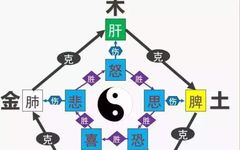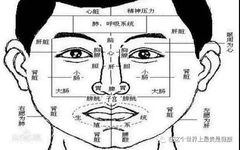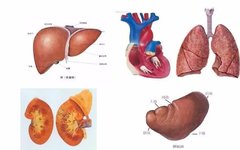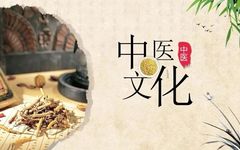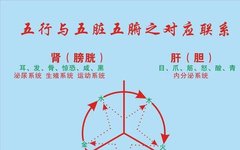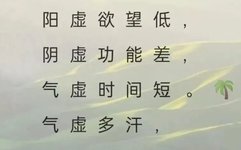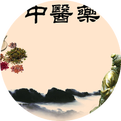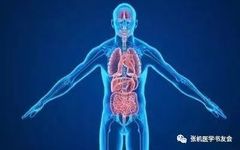The Secret of Couples Not Falling Ill After Quarreling? Dr. Ni Haixia Discusses the Characteristics of ‘Seven Emotions’ as Causes of Disease
“Seven Emotions” refers to the seven normal emotional activities: joy, anger, worry, thought, sadness, fear, and shock, which are responses of human consciousness to external events. The Seven Emotions are closely related to the functions of the body’s organs. They are associated with the five organs, represented by joy, anger, thought, sadness, and fear, and … Read more

